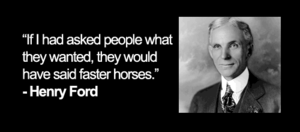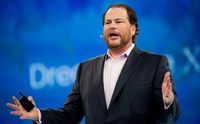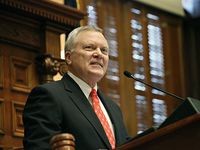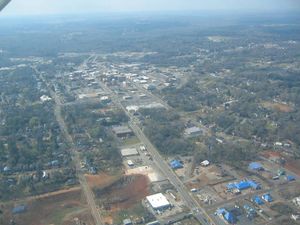 With great wealth comes great responsibility.
With great wealth comes great responsibility.
Some billionaires take this very seriously. Others don’t. The result is that, over time, an era’s billionaires become part of a very small, politically powerful global elite. It doesn’t matter whether the billionaire is in an autocracy like China, a proto-democracy like Mexico or an experienced one like America – money becomes power.
This has always been true. The first decade of a new economic generation is always marked by the new class of billionaires stepping, gingerly or not, into political power. It was true for Wall Street speculators in the 1870s, and for industrial bankers like J.P. Morgan in the 1900s. It was true for manufacturers like Henry Ford in the 1930s, and for oilmen like Sid Richardson in the 1970s. Over time a new political class emerges to serve the new wealth, whose only real priority becomes the maintenance of that political power, leading to excess and another political cycle.
The first steps of a new business oligarchy into the political arena generally looks like a breath of fresh air and reform, no matter the controversy it chooses to take on.
So we come to Marc vs. the Volcano.

Thus, when states reacted to the Supreme Court’s 2015 decision legalizing gay marriage with so-called “Religious Liberty” laws, aimed at letting businesses refuse service to gay people, Benioff acted. He forced Indiana to back down, and stalled the movement in other states last year. Now he’s taking on my state, Georgia.
I agree with Benioff on the merits of his case, but Georgia is a border state in the new political dynamic of TechLand vs. Trumpistan. I have noted before how Atlanta is doing very well, thanks to technology and research. We have had a second urban explosion, back toward the core central city. This has benefited me, because while I moved into a poor, black neighborhood in 1983, I now live in a wealthy white one.

All this has had a predictable political effect. Nathan Deal is not by nature a nutter. You can’t buy him, although he is for rent at reasonable prices. I much prefer having someone like that running my deeply Republican state than someone who really believed that nonsense.
But belief is all Trumpistan has, and the anger within the body politic here is palpable. Trump earned 39% of the Republican primary vote, over 500,000, which was 30,000 less than Hillary Clinton got, but a half-million more people chose a Republican primary ballot than a Democratic one.
The conclusion is that most Georgians can be defined as mad as hell and aren’t going to take it anymore. The so-called Religious Liberty bill is one result. It’s on Deal’s desk as this is written. His constituency won’t accept the usual excuses if he chooses not to sign. They don’t care if it’s unconstitutional – they’ll fight for a new court that will make it constitutional.
The legislature also wants to punish the state’s Techland in other ways. Deny mass transit. Protect monopolies. Turn rich neighborhoods into cities so the urban core that’s left rots. They look at Benioff the way the bull looks at the matador’s red cape.
This is what is really at stake here. Will TechLand remain isolated in a few major cities, like San Jose, or will most of America remain Trumpistan? This is the divide that is the risk in our present politics.

This is an important effort, politically. Obama Secretary of Commerce Penny Pritzker actually accompanied Case on some of his trip.
It is possible Benioff will win through in his case, because the NFL has joined his side, but even if he does there are going to be hard feelings. It matters less whether the law is signed. It’s going to become common practice across Trumpistan. Gays can settle in Techland, expanding its borders across southern and western Atlanta, leading the city into a white majority that might even elect a white mayor in 2017. But how is the national and world press going to react to that – the “capital of black America” being led by Mary Norwood? They will be confused. Some black folks are bound to turn Trumpistani as a result. No majority is really certain.
Techland vs. Trumpistan is the political realignment of our time. But it has many unintended consequences that have not yet been faced, let alone dealt with. And that majority is going to be very, very fragile unless tech leaders, like Benioff, face squarely the responsibility that comes with their political power, recycling wealth and recycling people, not just leading crusades on behalf of their own political hobby horses.
UPDATE: The battle has now moved to North Carolina, another Techland-Trumpistan border state, through passage of a bill called HR 2, which overturns local (Techland) protections for gay people and enshrines discrimination against transgender people into the law, again in the name of "religious liberty." How will Benioff, and the rest of Techland, respond to the provocation? Stay tuned.










